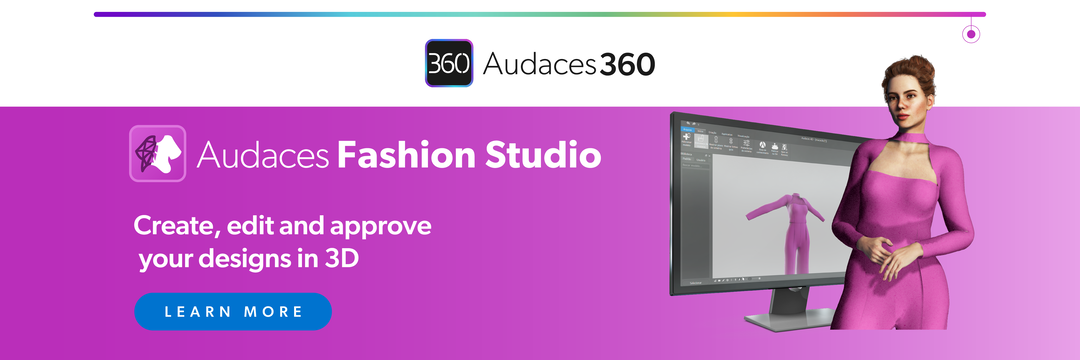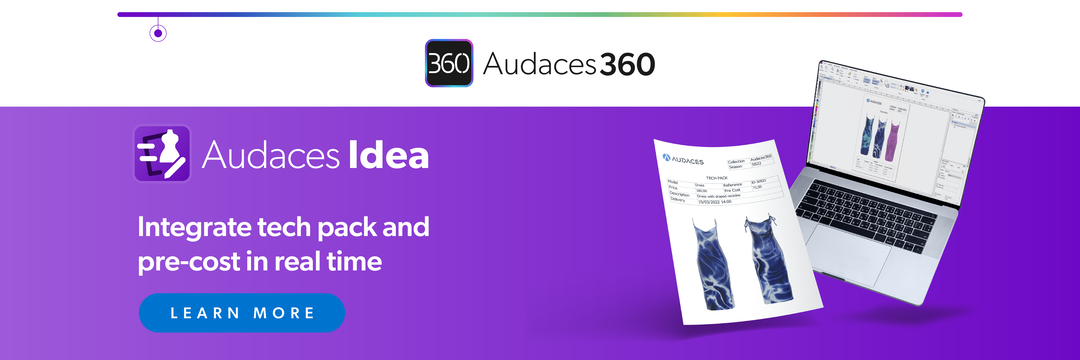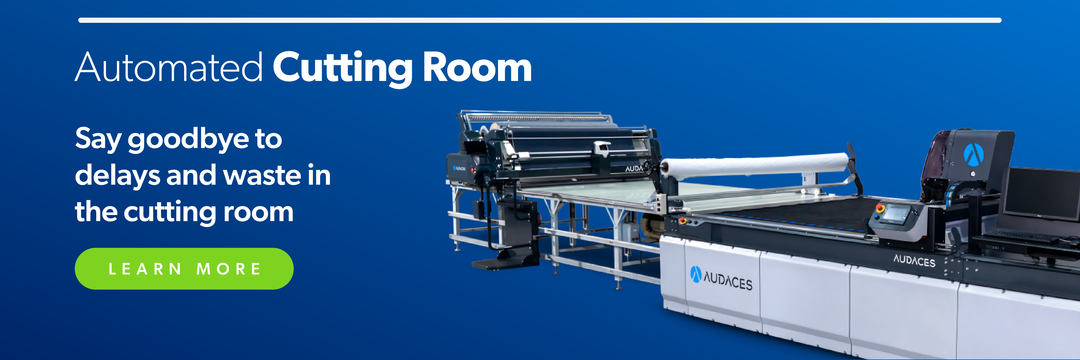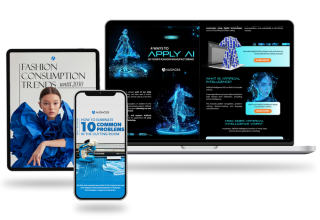Summary
- Emerging auto trends can directly impact the textile industry.
- That’s because the fabric upholstery is important for the car’s final look.
- Experience the future of the textile industry with Audaces360. Start your free trial today!
The automotive industry changes are not just about engines, software, or electric vehicles. They’re also about what covers the seats, lines the doors, and makes a car feel complete: the textiles.
If you work with vehicle upholstery, you already know how important materials are. Comfort, safety, style, and sustainability all depend on smart textile choices. But as new auto trends emerge, the demands on fabrics are also evolving.
What lies ahead? What should you prepare for? And how can your business stay competitive in a market where innovation moves quickly?
Enjoy the read and get ready for what’s next!
Sumário
Why should you stay updated on emerging auto trends?
The auto industry is moving fast. Every year, new ideas and materials take the spotlight. If you work with textiles, especially for vehicles, it’s important to follow these changes closely.
Staying updated helps your business stay relevant. You’ll know what automakers are looking for, and you can offer what they need. This gives you a strong advantage over competitors.
Advanced technology often drives new trends. These changes shape how automakers build cars, design them, and create the passenger experience. And textiles are a big part of that experience.
Consumer demands are also shifting. People want eco-friendly, durable, and smart materials. They expect more comfort and function. If you know what they want, you can meet their expectations better.
The global market connects more closely than ever before. What happens in one country quickly influences others. When you understand the trends, you’re ready to work with clients anywhere in the world.
Learn more: Uncover the opportunities for your fashion business in the textile market
What are emerging auto trends?
Emerging auto trends are new movements shaping the future of the car industry. These trends include new materials, designs, and ways to improve comfort and performance. They also affect how vehicles look and feel inside.
One key trend is the rise of autonomous vehicles. These cars don’t need a driver, which means companies are redesigning their interiors. People will spend more time inside, so comfort and smart fabrics matter even more.
Technological advancements are also changing what is possible. Smart textiles, heating systems, and stain-resistant materials are no longer science fiction. They’re becoming part of the standard car interior.
Sustainability also drives many emerging auto trends. More automakers want to use recycled or eco-friendly fabrics. That means suppliers need to offer solutions that are good for the planet — and for business.
In the global market, trends spread fast. What a leading brand does today might become the industry standard tomorrow. That’s why staying informed is so important.
Learn more: 4 advantages of technology in automotive furniture design
Top 5 emerging auto trends

1) Sustainable and recyclable materials
Sustainability is one of the strongest automotive trends today. If your business works with eco-friendly materials, you’re already one step ahead.
In the auto industry, this means using materials that are better for the planet. Many brands are now using recycled fabrics, eco-friendly leathers, and plant-based fibers.
These materials reduce waste and save natural resources. They also meet the growing demand for greener products. That’s why more automakers are asking for sustainable options from their suppliers.
Learn more: How to master sustainable creation and production in the eco fashion era
2) Smart and functional upholstery
Another trend in the automotive industry is smart and functional upholstery. These are fabrics that do more than just look good, they bring real benefits to the user.
Some seats now have built-in heating or cooling systems. Others can adjust firmness or react to the user’s posture. These features create more comfort for drivers and passengers.
Smart fabrics can also include sensors. These can detect motion, pressure, or temperature. In some cases, they even help with safety alerts or health tracking.
3) Advanced treatments and nanotechnology
New fabric treatments are changing how car interiors perform. Thanks to nanotechnology, textiles can now resist stains, odors, and even bacteria.
Nanotech works at a very small scale, but its effects are big. It makes materials easier to clean and longer lasting, a win for both automakers and consumers.
Some treatments also protect against UV rays or help control temperature. These features increase comfort while keeping materials in good shape over time.
If your company works with treated fabrics, you’re already part of an emerging auto trend.
4) Upholstery integrated with vehicle systems
Modern cars are more connected than ever. And now, even the upholstery is part of that connection. Researchers are creating materials that work with the car’s digital systems.
For example, some textiles can respond to gestures. A simple hand wave can activate lights or music. Others react to heat or touch to adjust seats or open features.
This creates a more intuitive experience for drivers. No need to press buttons — the fabric itself becomes a control surface.
5) Upholstery with unique finishes
Look and feel matter more than ever in vehicle design. That’s why unique fabric finishes are trending. These details create luxury, comfort, and a strong brand identity.
Soft-touch, synthetic suede, and 3D-textured fabrics are just a few examples. They turn a simple seat into something special, and people can notice the difference right away.
These finishes also help define different models or trim levels. A sporty car may use bold textures, while a luxury model uses smooth or elegant ones.
If your business offers creative finishes, there’s a real opportunity. Auto brands are always looking for ways to stand out, and unique textiles help them do just that.
Learn more: How can technology enhance the quality of textile products?
What brands are already adopting these emerging auto trends?
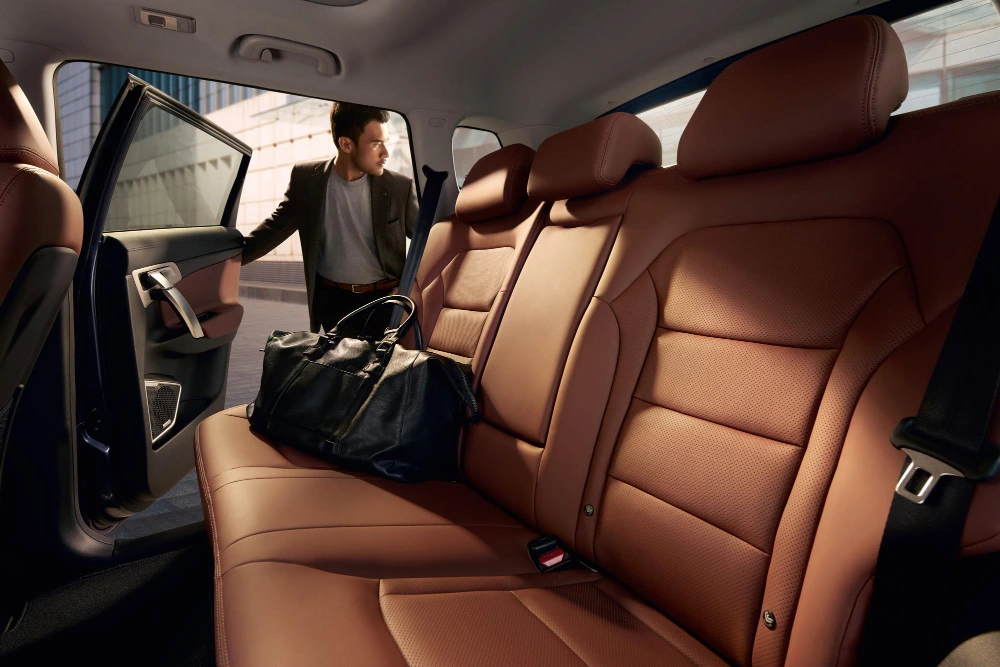
BMW
BMW has been one of the leaders in adopting sustainable auto trends. The company has launched a line with sustainable fabrics. Manufacturers use recycled or natural sources to create these materials.
The goal is to reduce the environmental impact of car production. At the same time, BMW keeps the high quality and comfort its customers expect. These fabrics are soft, durable, and elegant.
For textile businesses, this shows a clear direction: premium brands now want premium sustainability.
Volvo
Volvo is famous for its safety focus, but now it’s also leading in sustainability. The company uses recycled and alternative materials in its interiors.
Instead of leather, many Volvo models now offer eco-friendly options. These include fabrics made from PET bottles or bio-based materials. They look great and reduce harm to the planet.
Volvo has stated that all of its cars will use non-leather interiors in the near future. This move supports animal welfare and lower emissions.
Tesla
Tesla is pushing the limits of car design, and that includes materials. The brand uses vegan leather and minimalist surfaces in all its interiors.
This leather alternative is soft, easy to clean, and cruelty-free. It matches Tesla’s clean, modern look and fits the brand’s focus on sustainability.
The company also avoids extra textures or patterns. Instead, it uses smooth surfaces that reflect its high-tech identity. Every detail is simple, but sharp.
Suppliers who work with sleek, tech-friendly fabrics have great chances in this space. Tesla’s choices show that less can truly be more.
Hyundai & Kia
Hyundai and Kia are quickly growing in the global auto market. Part of their strategy is innovation, especially through partnerships with bio fabrication startups.
These partnerships bring new materials into their cars. For example, fabrics made from plants, mushrooms, or even seaweed. These are natural, renewable, and exciting for the industry.
The brands want their cars to be eco-conscious, without losing style or function. That’s why they are testing new textures, finishes, and smart uses of bio-based fabrics.
Learn more: What textile engineering is and how it works in practice
Stay ahead of the trends with Audaces solutions
Learn how Audaces solutions support every stage of automotive furniture production!
Audaces360
Audaces360 integrates cutting-edge digital innovations to optimize workflows in the textile and apparel industry.
It caters to companies of all sizes and types, offering the flexibility to scale with your business needs.
All solutions were carefully developed to address the specific challenges of the field. They streamline the design and production processes, saving valuable time and resources.
The platform boasts a comprehensive range of functionalities, including pattern making, marking, collection management, vector drawing, and 3D creation.
In addition, a fashion Artificial Intelligence to assist you along the way.
Audaces Cutting Room
By embracing cutting-edge technology, garment manufacturers can achieve significant improvements in the production process. From greater design flexibility to enhanced efficiency and reduced costs.
This is where Audaces Cutting Room steps in! Our experts will thoroughly assess your company’s needs and create a comprehensive report.
Then, our team will develop a personalized project to achieve your goals and unlock your company’s full potential.
Rely on Audaces’ cutting-edge machinery to automate your production process. Achieve impeccable cuts on curves and details, speeding up your deliveries and minimizing fabric waste through automation.
If you want to receive a free personalized project on how to automate your cutting room, fill in your email address below!
FAQ
Emerging auto trends are new movements shaping the future of the car industry. These trends include new materials, designs, and ways to improve comfort and performance. They also affect how vehicles look and feel inside.
They include sustainable materials, functional upholstery, integrated with vehicle systems, and with unique finishes.
The key companies are BMW, Volvo, Tesla, Hyundai and Kia.


